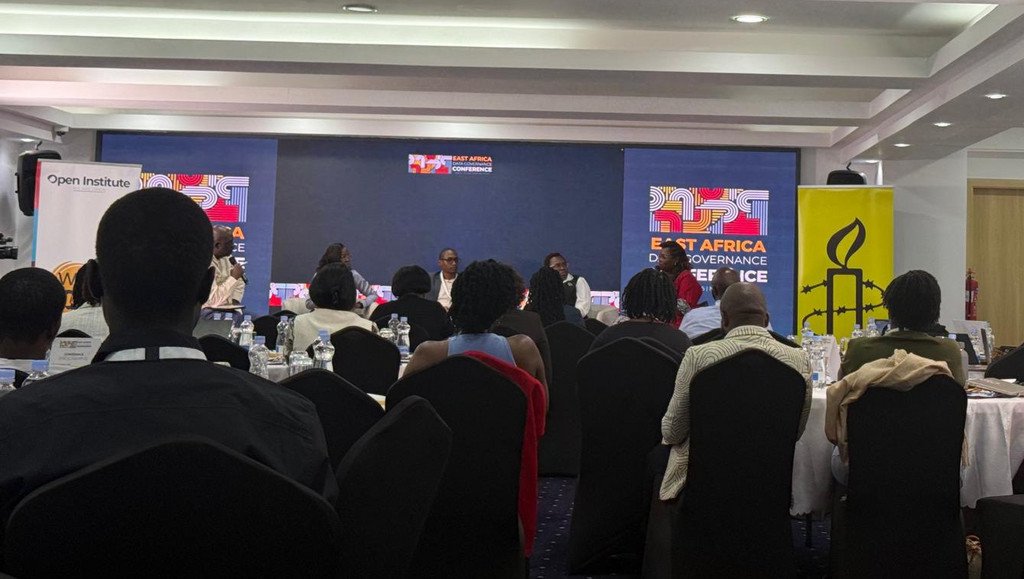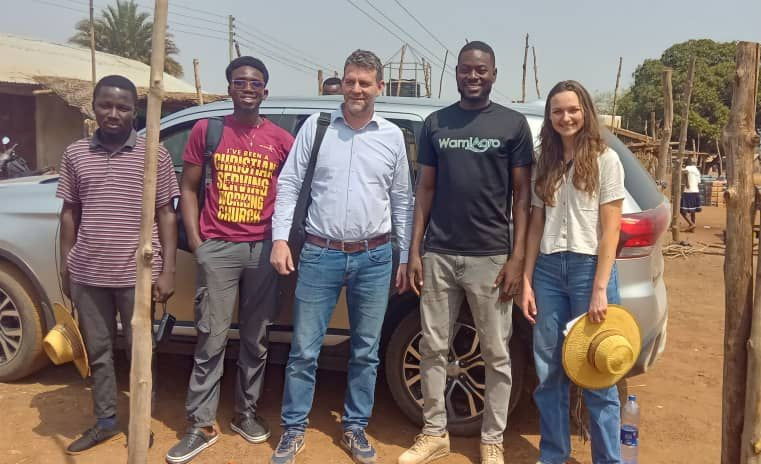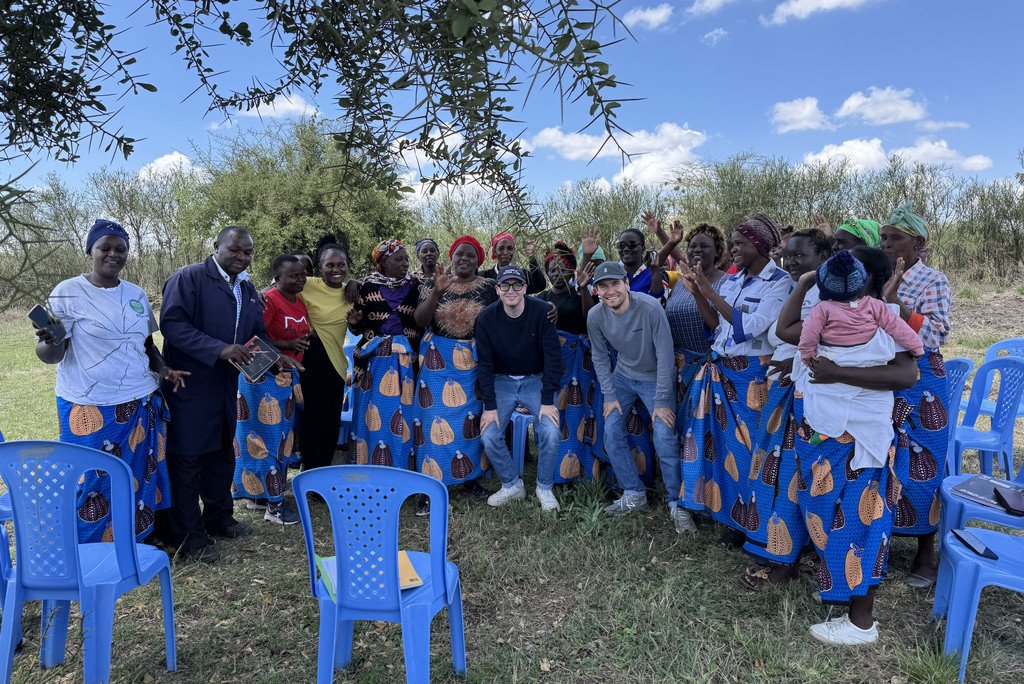
Sally Boyani Mokaya recently visited Kenya to conduct scoping interviews for her research on enforcing Kenya’s Data Protection Act (KDPA), focusing on personal data regulation on social media platforms (SMPs). She identified key challenges, including institutional dependencies, SME compliance issues, and barriers to culturally relevant informed consent. While Kenya has strong data protection laws, enforcement remains weak due to regulatory ambiguities and resource constraints faced by the Office of the Data Protection Commissioner (ODPC). Her findings highlight the impact of linguistic diversity, digital literacy, and cultural attitudes on data privacy, shaping the next phases of her research.

The team of Prof. Michael Grimm is currently implementing randomized field experiments in three countries.
In Niger, Christina Petrik and Olivia Wirth implement a two-sided market intervention to explore the effectiveness of alternative incentives to increase the uptake of mobile money. Households in rural areas rely largely on remittances, but most households use expensive transfer technologies. Using mobile money could save resources and make rural households better off.
In Ghana, they joined forces with an agricultural platform to test how alternative service bundles offered to soya bean farmers can address multiple constraints at the same time and increase their yields, market integration and livelihoods.
In Indonesia, Irene Furlani collaborates with a team from the University Gadjah Mada and test how an Online App with agricultural information and business management tools can increase the productivity and sustainability of young business-oriented farmers, so called “Millennial farmers”. Currently a team of trained enumerators collects baseline data. An inception workshop with local stakeholders took place 19th of February 2025 in Yogyakarta.

Digital platforms are driving significant transformation across various sectors in the Global South. However, many existing theories and models fall short in addressing the unique institutional, infrastructural, and socio-economic conditions that influence platform development in countries like Kenya.
Moritz Maier's project set out to create a process-theoretical model tailored to the realities of digital platform growth in these contexts. Instead of relying on a Silicon Valley-style, one-size-fits-all framework, he explored how platforms like DigiCow, Hello Tractor, and Kuza Biashara navigate and reshape their environments - delivering essential services to smallholder farmers amid fragmented markets, underdeveloped infrastructure, and limited financial access.
